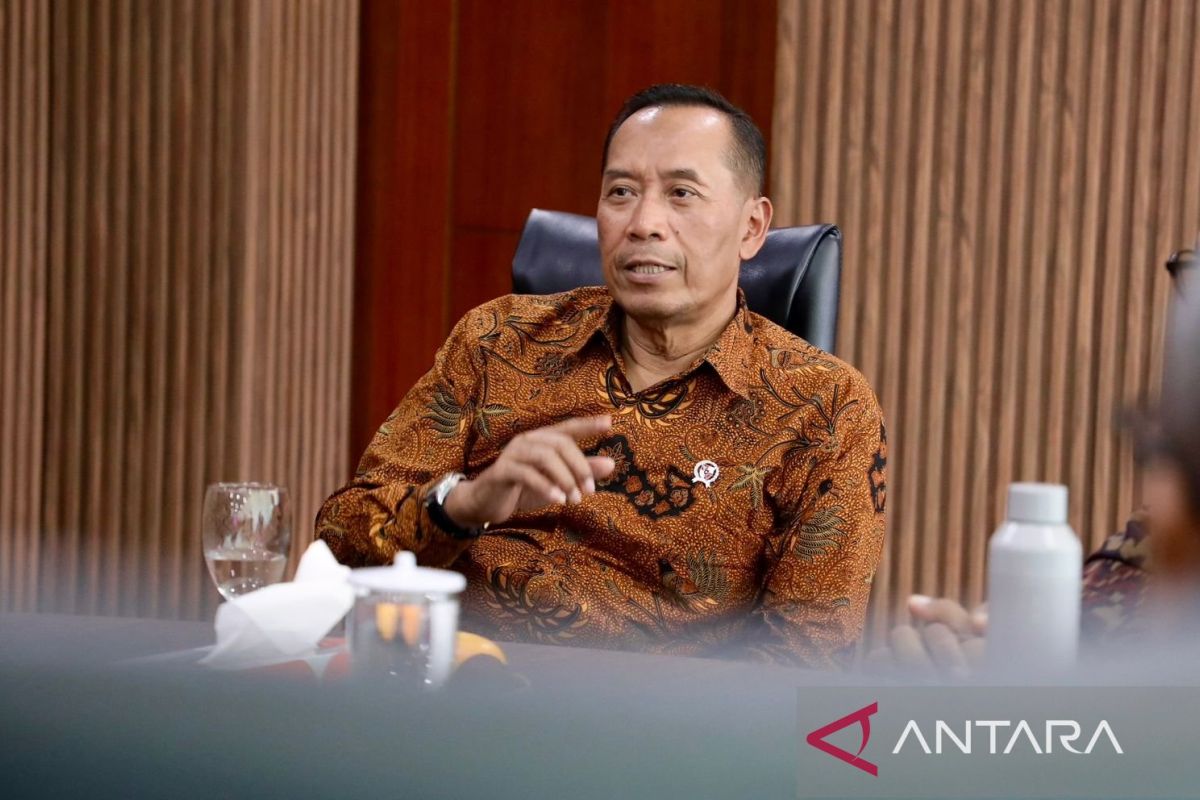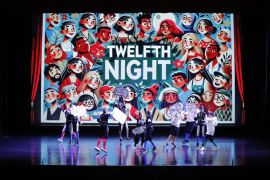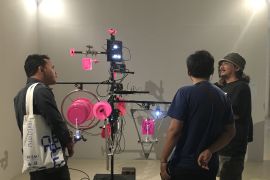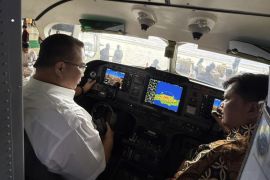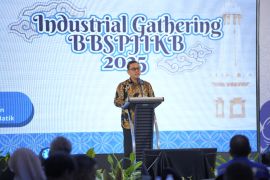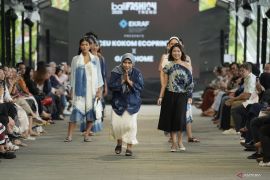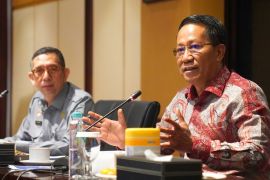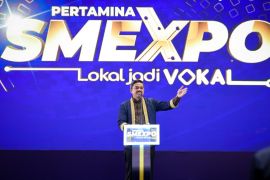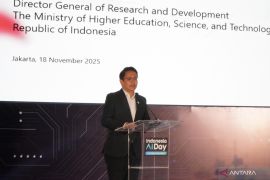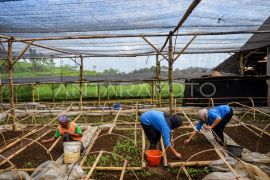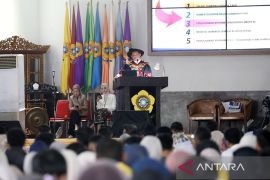“Art universities must be able to combine the strength of tradition with the potential of technology. Innovation in governance, curriculum, and collaboration is key to ensuring our graduates remain relevant on the global stage,” Fauzan noted in a statement on Wednesday.
Amid the rise of artificial intelligence, Fauzan stressed that art institutions should not only uphold academic quality but also innovate in institutional management and resource development.
He encouraged stakeholders from higher education, local governments, the creative industry, and the broader public to jointly support the transformation of art universities.
“President Prabowo and Minister Brian have placed strong emphasis on Indonesia’s cultural and artistic diplomacy. We all must move together to ensure this transformation brings tangible benefits to the nation and society,” he affirmed.
According to Statistics Indonesia (BPS), the creative economy sector contributed Rp1,300 trillion to the national GDP in 2023, with subsectors, such as fine arts, performing arts, and crafts, playing a significant role in that growth.
Related news: Govt pushes culture education programs through regional consultation
Concurrently, Indonesia is undergoing rapid digital transformation, with technology creating new opportunities for artistic works to access global markets.
In response, Rector of the Indonesian Institute of the Arts (ISI) Denpasar, I Wayan Adnyana, emphasized that institutional transformation is crucial for building a competitive arts ecosystem.
He highlighted the importance of cross-sector collaboration, which ISI has initiated through partnerships with creative industry practitioners and the development of international programs, including cooperation with Poland.
“We want the works of our students and lecturers not only to be exhibited locally but also to become part of the global arts dialogue,” Adnyana stated.
Related news: Cultural parks can support development of arts communities: ministry
Translator: Sean, Azis Kurmala
Editor: Rahmad Nasution
Copyright © ANTARA 2025
